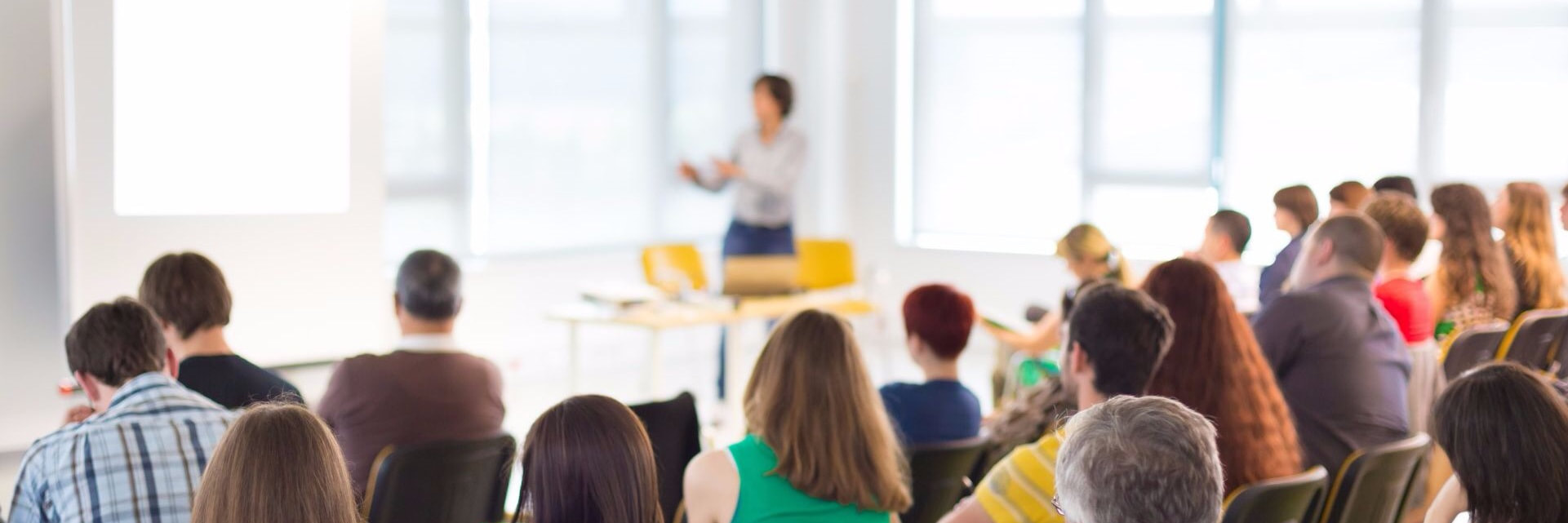Date and Time: Friday, November 8, 2019 | 9 a.m. until 5 p.m. Registration and Continental Breakfast at 8:30am
Cost: $145 (Seating is Limited)
Location: Progress Valley, 1100 East 80th Street, Bloomington, MN 55420
EMDRIA and CEU Credits
This training is approved for 6.5 EMDRIA credits and 6.5 CEU credits from the MN Board of Psychology. It is pending approval from the MN Board of Social Work, MN Board of Behavioral Health Therapy, and the MN Board of Marriage and Family Therapy
Cost: $145 (Seating is Limited)
Location: Progress Valley, 1100 East 80th Street, Bloomington, MN 55420
EMDRIA and CEU Credits
This training is approved for 6.5 EMDRIA credits and 6.5 CEU credits from the MN Board of Psychology. It is pending approval from the MN Board of Social Work, MN Board of Behavioral Health Therapy, and the MN Board of Marriage and Family Therapy
Overview
Substance use is a coping mechanism that many rely on during difficult times. It is a form of self-medication that is readily available and socially acceptable, up to a point. For those with a history of trauma, a reliance on mood altering substances can readily lead to dependency and addiction. Statistically up to 75% of clients with a history of trauma have co-occurring substance-related or addiction disorders. In terms of our client base, the chances are better than average that those seeking therapy are experiencing problems related to drug and alcohol use, whether or not they have admitted this to you, or perhaps even to themselves. Untreated trauma contributes to addiction disorders, and addictive symptoms complicate the treatment of trauma. It is a vicious cycle that can be particularly challenging to resolve. This workshop will help you gain a sense of competency in how to identify and deal with these diagnoses in your case load.
Training Highlights
In this workshop you will learn the role neurobiology plays in addiction disorders and a variety of effective preparation phase tools. Larry will demonstrate and review Thought Field Therapy, Recovery Centered Resourcing, and relevant EMDR addiction protocols. He will then teach you the Craving and Consequence of Use (CCU) protocol he developed which has been highly effective in helping clients overcome addictive urges. This adapted approach to EMDR points the way to changing behavior while strengthening a sense of self. The client can replace hopelessness and shame for hope and empowerment. Data from a recently completed research study (in publication) of the CCU protocol will be reviewed.
Workshop Objectives
Participants will be able to:
Who Should Attend?
Anyone who has completed an EMDRIA Approved Basic EMDR training, which is required for attendance. This workshop will be held in a facility that is in compliance with the Americans with Disabilities Act.
Workshop Location
Forliti Gathering Room, St. Olaf Catholic Church, 215 South 8th Street, Minneapolis, MN 55402. (Free Parking)
Hotels Nearby
There are several hotels that are walking distance to St. Olaf. The following hotels are within a three block radius: the Hilton Minneapolis, Hyatt Place, W Minneapolis-The Foshay, Hotel Ivy, The Marquette Hotel, Crowne Plaza, and Best Western.
Please direct any questions to Larry Anderson at 612-718-0894 or [email protected].
Substance use is a coping mechanism that many rely on during difficult times. It is a form of self-medication that is readily available and socially acceptable, up to a point. For those with a history of trauma, a reliance on mood altering substances can readily lead to dependency and addiction. Statistically up to 75% of clients with a history of trauma have co-occurring substance-related or addiction disorders. In terms of our client base, the chances are better than average that those seeking therapy are experiencing problems related to drug and alcohol use, whether or not they have admitted this to you, or perhaps even to themselves. Untreated trauma contributes to addiction disorders, and addictive symptoms complicate the treatment of trauma. It is a vicious cycle that can be particularly challenging to resolve. This workshop will help you gain a sense of competency in how to identify and deal with these diagnoses in your case load.
Training Highlights
In this workshop you will learn the role neurobiology plays in addiction disorders and a variety of effective preparation phase tools. Larry will demonstrate and review Thought Field Therapy, Recovery Centered Resourcing, and relevant EMDR addiction protocols. He will then teach you the Craving and Consequence of Use (CCU) protocol he developed which has been highly effective in helping clients overcome addictive urges. This adapted approach to EMDR points the way to changing behavior while strengthening a sense of self. The client can replace hopelessness and shame for hope and empowerment. Data from a recently completed research study (in publication) of the CCU protocol will be reviewed.
Workshop Objectives
Participants will be able to:
- Discuss addiction disorders with clients in a way that maximizes their understanding of, and comfort level with, the disease of addiction and various treatment options.
- Effectively use the Craving and Consequence of Use (CCU) protocol to help clients reduce their cravings.
- Clarify three adaptations of the standard EMDR protocol inherent in the Cravings and Consequence of Use (CUC) protocol.
- Identify additional EMDR Phase 2 preparation tools which are especially helpful for clients with co-occurring mental health and addiction diagnoses.
- Explain the significance of neurobiological advances in the field of addiction disease.
Who Should Attend?
Anyone who has completed an EMDRIA Approved Basic EMDR training, which is required for attendance. This workshop will be held in a facility that is in compliance with the Americans with Disabilities Act.
Workshop Location
Forliti Gathering Room, St. Olaf Catholic Church, 215 South 8th Street, Minneapolis, MN 55402. (Free Parking)
Hotels Nearby
There are several hotels that are walking distance to St. Olaf. The following hotels are within a three block radius: the Hilton Minneapolis, Hyatt Place, W Minneapolis-The Foshay, Hotel Ivy, The Marquette Hotel, Crowne Plaza, and Best Western.
Please direct any questions to Larry Anderson at 612-718-0894 or [email protected].
